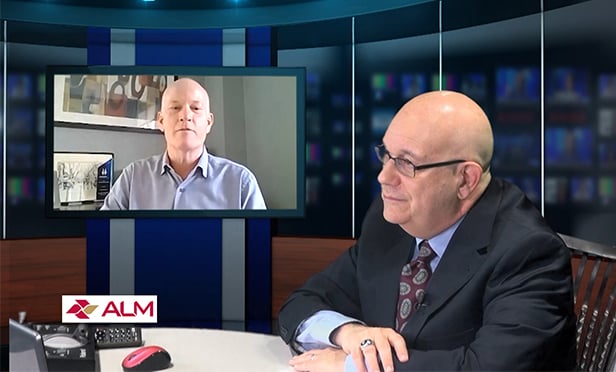Little more than a year ago, San Francisco passed the Plastic Bag Reduction Ordinance. It banned the use of non-recyclable plastic bags by major supermarket and drug chains and other large retailers.
As San Francisco's board of supervisors predicted, other municipalities have begun taking steps to limit the use of plastic, and, in some cases, paper bags. Seattle's mayor and city council president, for example, are proposing a law that would require supermarkets, drug stores and convenience stores to place a 20-cent fee on disposable bags – both plastic and paper. The objective is to encourage shoppers to carry reusable bags.
A similar tactic has been very successful in Ireland, which placed a tax of the equivalent of 33 cents on plastic bags in 2002. According to published reports, plastic bag use there dropped 94%, and the decline is attributed more to social consciousness than to the tax.
Recommended For You
Want to continue reading?
Become a Free ALM Digital Reader.
Once you are an ALM Digital Member, you’ll receive:
- Breaking commercial real estate news and analysis, on-site and via our newsletters and custom alerts
- Educational webcasts, white papers, and ebooks from industry thought leaders
- Critical coverage of the property casualty insurance and financial advisory markets on our other ALM sites, PropertyCasualty360 and ThinkAdvisor
Already have an account? Sign In Now
*May exclude premium content© 2025 ALM Global, LLC, All Rights Reserved. Request academic re-use from www.copyright.com. All other uses, submit a request to asset-and-logo-licensing@alm.com. For more information visit Asset & Logo Licensing.








